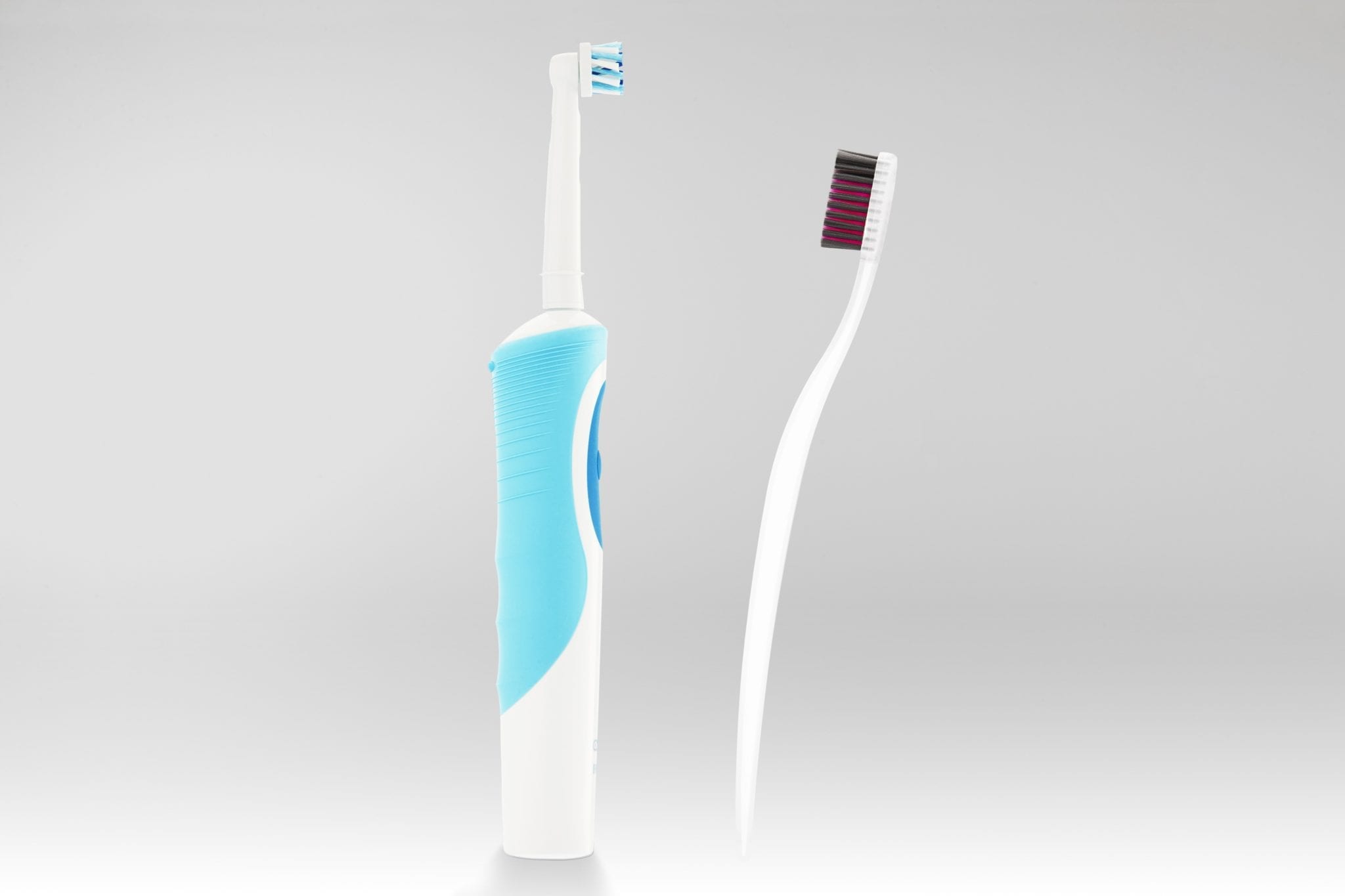Seniors in nursing homes often have poor oral health. It’s up to staff to make sure residents are getting the proper dental care they need.
Many issues of nursing home neglect may not be obvious, such as poor oral healthcare in seniors. Lots of residents suffer dental problems because they aren’t brushing regularly or going to the dentist when they have issues that need to be checked out.
Nursing home staff have the responsibility to ensure that their residents’ teeth, gums, lips and cheeks are taken care of properly. However, staff often face challenges when trying to care for the residents’ dental health, from the residents’ refusal to cooperate to the staff members’ own opinions that dental health is less important than their other daily tasks.
Lack of dental care can lead to diseases and discomfort for the residents, including gingivitis and malnutrition. Poor oral health can also cause bacterial pneumonia, which can be fatal to residents in poor health.
On top of illnesses, poor oral health can cause low self-esteem because of bad breath or missing teeth.
Declining Oral Healthcare in Seniors
Oral health often deteriorates with age, and many factors combine to put the residents at risk of developing dental illnesses. One factor is dementia. Between 50 and 75% of nursing home residents suffer from dementia, and another estimated 11% have undiagnosed dementia. Dementia makes it difficult for residents to care for their own teeth, or for staff to brush their teeth and gums for them.
Another factor that can lead to poor oral healthcare in seniors is the medications that residents take. A side effect of many drugs is dry mouth and dehydration. This can cause painful cracks in their lips or on their tongue, leading to an increased risk of infection. Having a dry mouth can also make it more difficult for them to chew and swallow their food.
Other issues involve poor mental health and the inability to perform their own routine oral care. This means they rely on staff to help them care for their dental health.
Staff Struggle to Administer Oral Healthcare
Staff often struggle to provide adequate oral healthcare. Sometimes they lack the appropriate equipment, such as toothbrushes.
When the patient wears dentures, it is often more comfortable for the staff to care for their teeth. However, more and more seniors are entering care facilities with their own teeth, due to advances in dental care. When these residents also have dementia, they may resist any attempt from the staff to brush their teeth.
Other reasons staff members sometimes don’t care for the residents’ teeth and gums enough is because they don’t have enough time and see other care practices as more urgent. Or they don’t have the necessary training to know how to brush the teeth of patients with swallowing disorders.
Nonetheless, staff should be aware of the residents’ oral health so they can inform the families when a resident needs a trip to the dentist. One strategy that could help improve senior dental care is having staff members learn more effective strategies to help encourage the residents to take care of their oral health—if they can.
Another strategy would be to have better access to and connections with dentists and dental hygienists. However, Medicare doesn’t cover dentist visits, so some residents are uninsured for dental healthcare if their state doesn’t provide additional coverage.
Risks of Poor Oral Healthcare in Seniors
While there are those who feel that dental hygiene is not as important as other health factors, there are many risks associated with inadequate oral care, for example, gum disease, cavities, broken teeth, abscesses, cardiovascular disease and infections.
Even if you think your loved one’s oral health is fine, take some time to check their teeth, gums and cheeks. Poor oral care is often a silent symptom, but it impacts the quality of life. Remember to speak to nursing home staff if you suspect that oral health isn’t being addressed properly.

